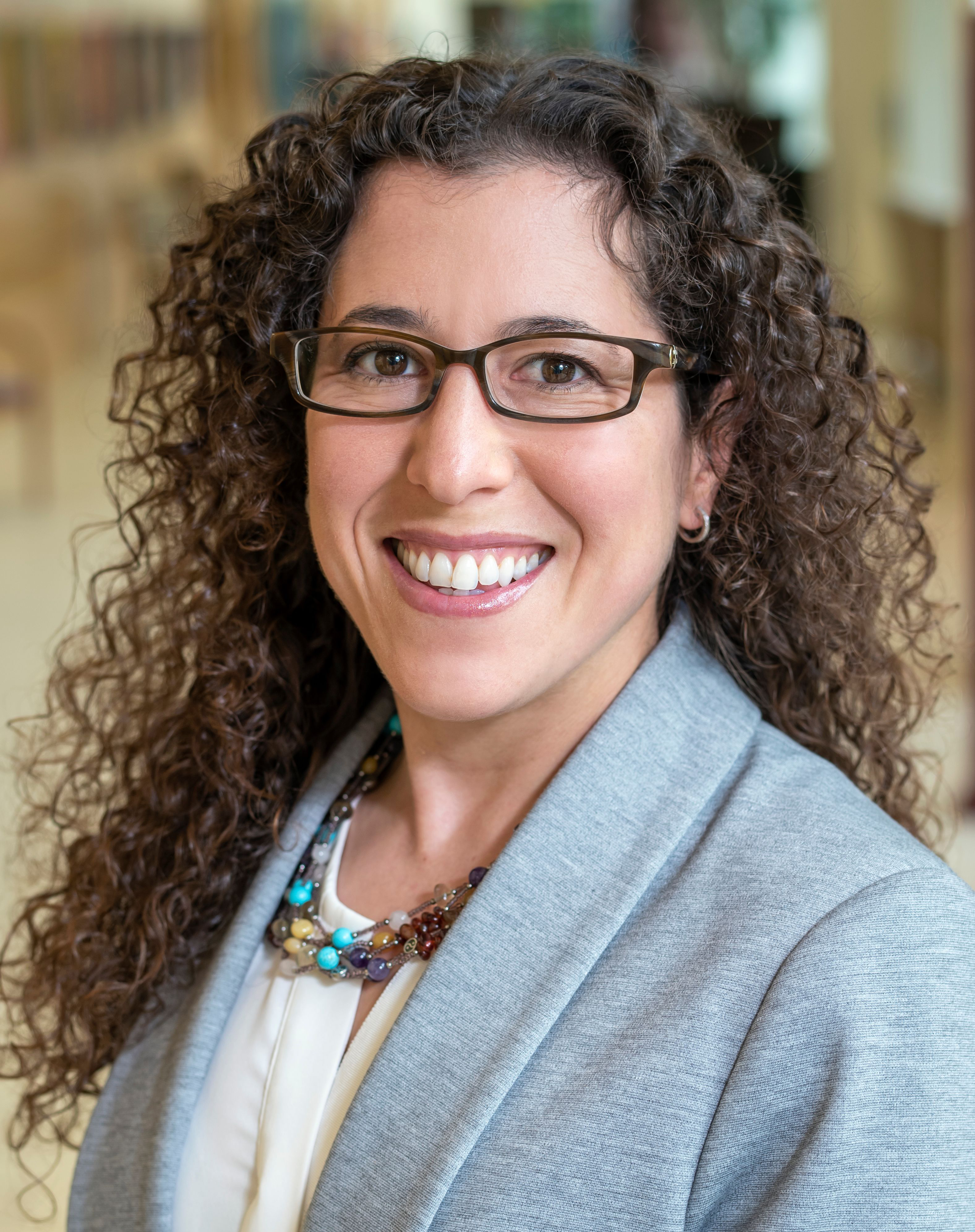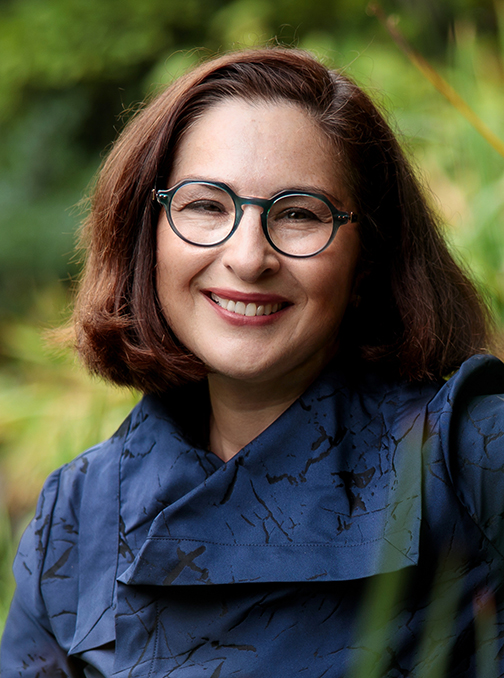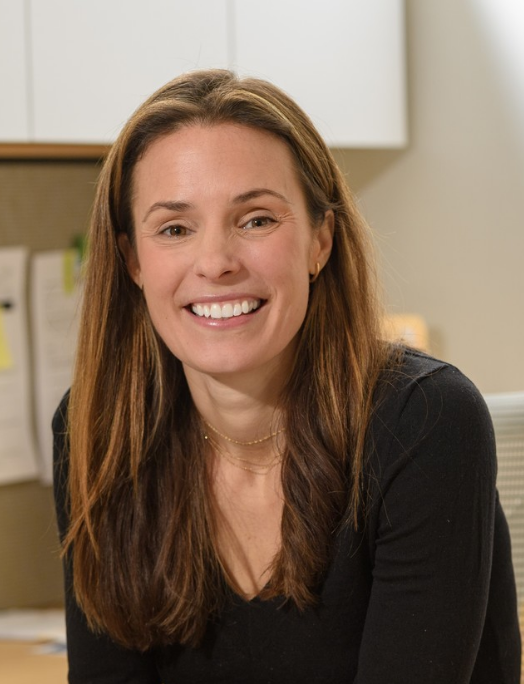Listen Now
Topics Covered
- Unique Needs of Young Adult Cancer Survivors
- Identity, Relationships & Intimacy
- Dating
- Couples/Partners Dealing with Survivorship
- Communicating about Sex
- Sexuality & Intimacy
- Sex Drive: Ability & Desire
- Tips to Deal with Vaginal Dryness, Premature Menopause, Erectile Dysfunction, Premature Ejaculation & Sperm Banking
- Low Desire: How to Get My Groove Back
- Body Image: Feeling Improved Sexual Self-Esteem
- Fertility Choices & Coping with Infertility
- Medical Options for Assisted Pregnancy
- Health Maintenance Needs for Young Adult Cancer Survivors
- Long-Term Follow-Up for Young Adult Cancer Survivors
- Questions to Ask Our Panel of Experts
Our Panel of Experts

Jennifer Barsky Reese, PhD
Associate Professor, Cancer Prevention and Control Program, Fox Chase Cancer Center, Fellow, Society of Behavioral Medicine

Sharon L. Bober, PhD
Institute Psychologist, Founding Director, Sexual Health Program, Dana-Farber Cancer Institute, Associate Professor of Psychiatry, Harvard Medical School

Catherine Benedict, PhD
Clinical Associate Professor, Department of Psychiatry & Behavioral Sciences, Stanford University School of Medicine, Member, Stanford Cancer Institute, Women's Sexual Health & Cancer Clinic, Center for Integrative Medicine

Matthew Marroquín
Program and Community Coordinator, Stupid Cancer

Hayley Feuchs, MSW
Oncology Social Worker, CancerCare
Brochure
You can download the brochure for this workshop
Workshop Date
This workshop was originally recorded on February 09, 2024.

